Our Legacy of Impactful Projects
At TERC, we take pride in our ongoing commitment to shaping the STEM education landscape through innovative projects and groundbreaking research. Delve into our archives to discover the stories, methodologies, and outcomes of these impactful projects. Even though they may no longer be actively running, the knowledge and insights gained from these initiatives continue to shape the future of STEM education.
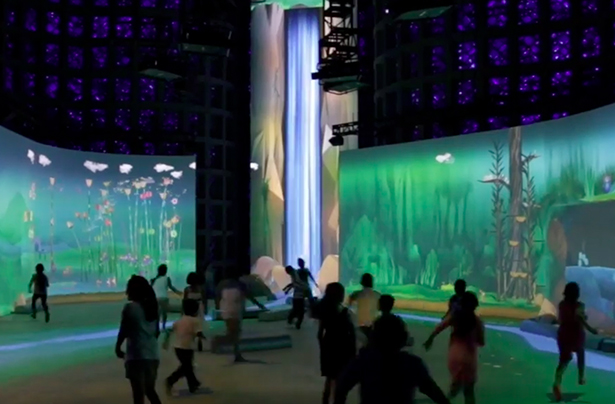
Extracting Salient Scenarios from Interaction Logs helped students understand the principles of complex systems by developing a new type of education technology to support their learning and participation in the multi-person immersive simulation.
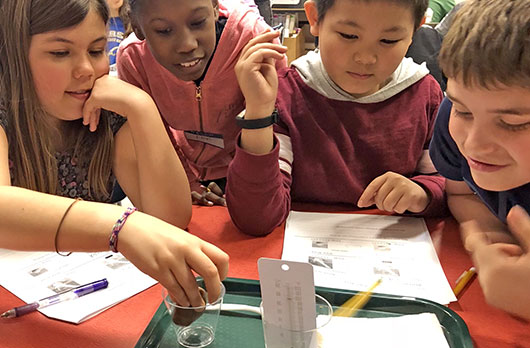
Focus on Energy is an innovative approach for teaching and learning about energy in grades 4-5.
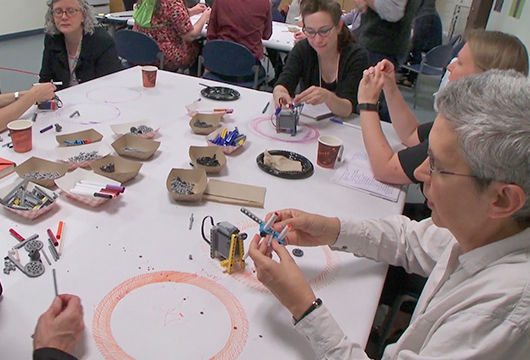
FRAME investigated strategies to enhance the mathematics in museum-based making and tinkering activities and laid the foundation for a full research study on broadening family participation in mathematics through making.
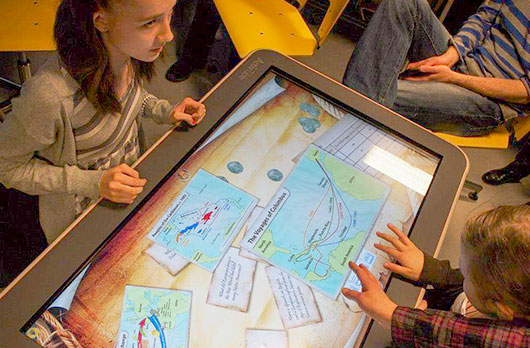
FUN brought together learning-game research teams from Finland and the USA to conduct cross-team studies looking for similarities and differences arising in different cultures and different gaming environments.
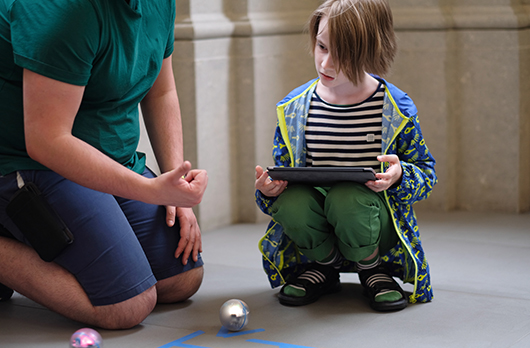
The INFACT project was a consortium of leading researchers and practitioners in CT education. Led by EdGE at TERC, the team designed, developed, implemented, and researched a comprehensive set of teaching and learning materials for inclusive computational thinking (CT).
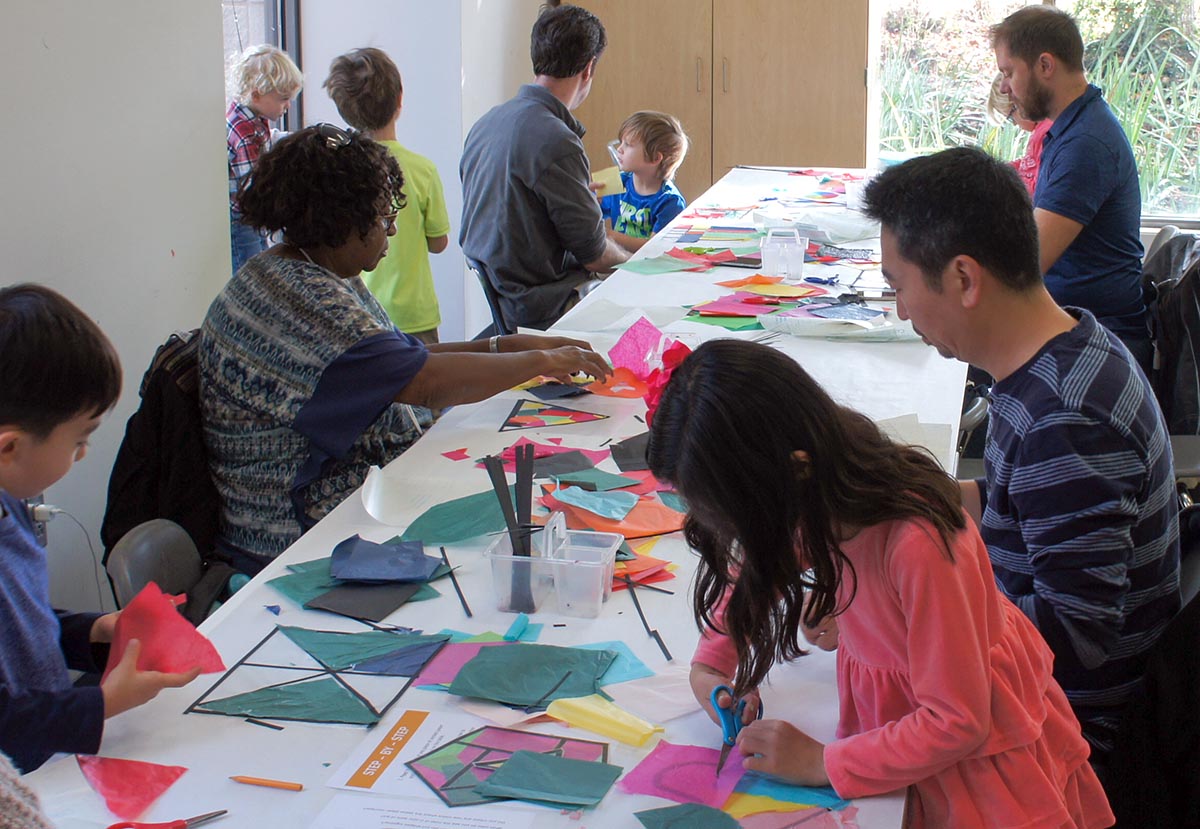
IGAMM brought art and math together in activities suited for a broad range of ages in the context of an art museum.
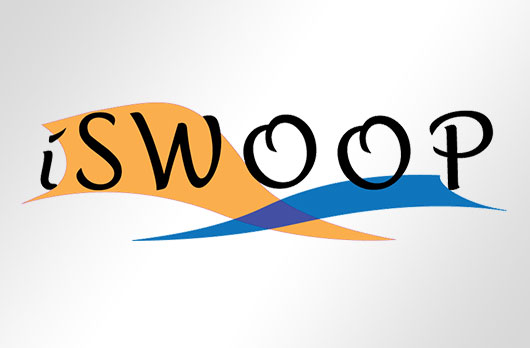
iSWOOP brought scientists, educators, and interpreters together to foster a better understanding of the science that’s going on in national parks.
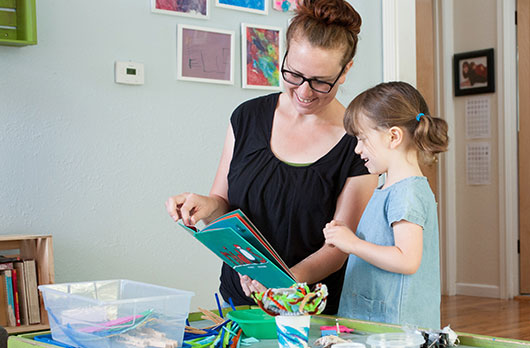
The LEAP into Science program combined children’s science-themed books with hands-on science activities to promote life-long interest and knowledge of science and did so through partnerships with informal educators at libraries, museums, and other out-of-school time providers.
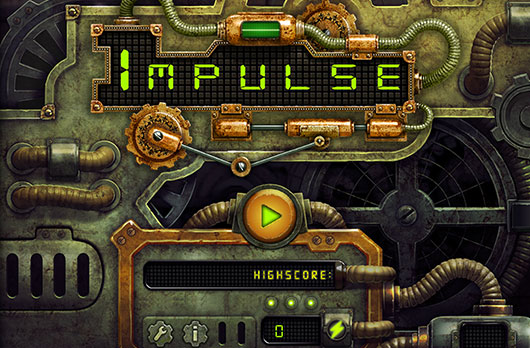
EdGE designed three games with mechanics related to high school science concepts and researched how gameplay, as well as bridging from the game to the classroom, impacted student learning.

The TERC Life Sciences Group, a research and development program, is founded on the conviction that students can and should experience the life sciences as dynamic fields of inquiry whose diversity reflects the immense diversity of living systems.
